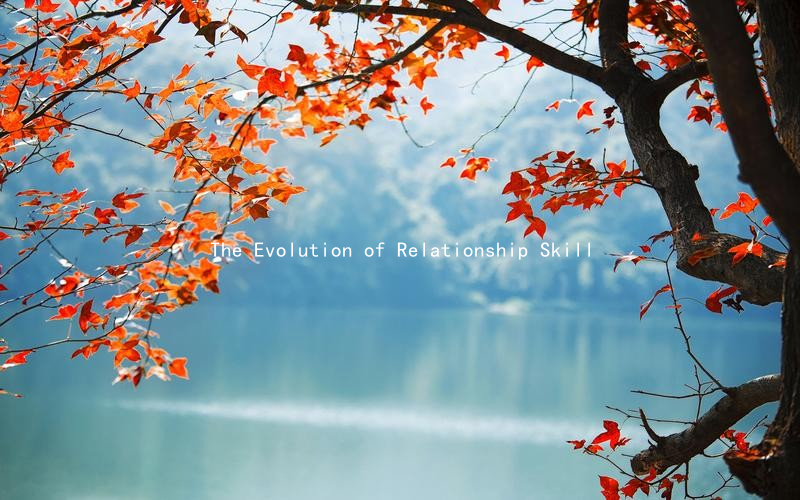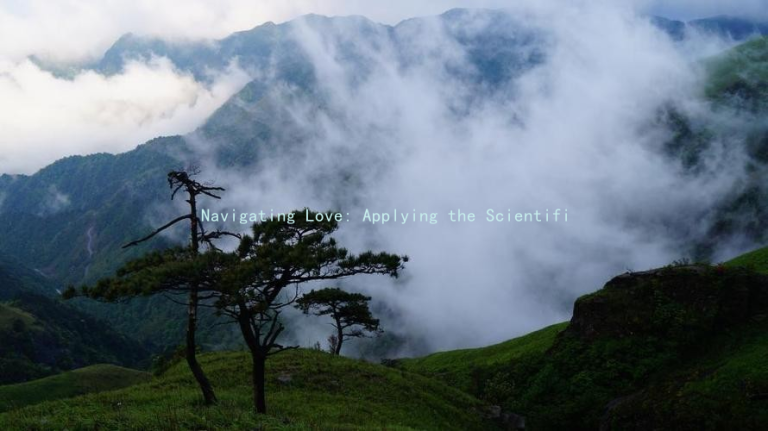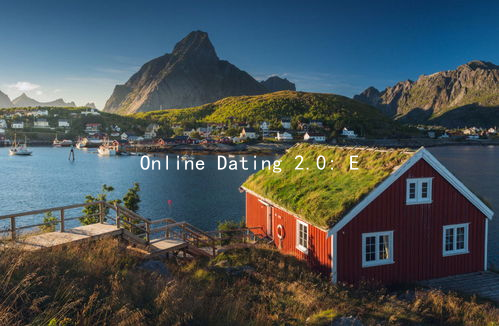The Evolution of Relationship Skills: Future Trends in Sexual Education
The landscape of relationships and sexual education has undergone significant transformations in recent years, shaping how individuals approach love, connection, and intimacy. As society becomes more progressive and open-minded, the skills required for fostering healthy, lasting relationships have evolved. This shift has led to the development of innovative approaches to sexual education, which now emphasize emotional intelligence, consent, and communication.
One of the most prominent future trends in relationship skills is the emphasis on emotional intelligence. Understanding one’s own emotions and being empathetic toward a partner’s feelings are crucial components of a successful relationship. Emotional intelligence helps individuals navigate the complexities of romantic connections, allowing them to express needs and desires more clearly while also valuing their partners perspective. As sexual education programs adapt, they will likely focus more on nurturing this intelligence, offering workshops and resources that teach individuals how to develop these critical skills.
Another important trend is the growing emphasis on consent culture. As conversations about consent evolve, so too do the tools and language associated with it. Future sexual education will likely prioritize clear communication about boundaries and desires, empowering individuals to articulate what they want in a relationship. This shift is expected to break down stigmas around discussing sexual preferences, promoting a healthier dialogue surrounding consent. By fostering an environment where consent is openly discussed and respected, future relationships can be built on trust and mutual understanding.
Communication is perhaps the cornerstone of any successful relationship, and future trends will likely see a rise in courses and resources that enhance communication skills among partners. This may include conflict resolution techniques and active listening exercises that empower individuals to engage in constructive conversations. The ability to communicate effectively can lead to deeper connections, as partners learn to express their feelings without fear of judgment. Eventually, the integration of communication skills into sexual education will equip individuals with the tools necessary to tackle relationship challenges cohesively.

Additionally, the role of technology and social media in relationships is undeniable. As more people turn to online platforms for dating and connection, future relationship skills will have to adapt to this digital landscape. Sexual education is expected to incorporate discussions about navigating online relationships, understanding digital etiquette, and recognizing the potential pitfalls of technology in romance. This includes discussions on managing expectations, deciphering digital communication, and creating a healthy relationship with technology itself.
Lastly, inclusivity and diversity will be key components of future sexual education and relationship skills. As society continues to embrace a variety of sexual orientations, gender identities, and relationship dynamics, educational resources will increasingly reflect this diversity. Comprehensive sexual education will celebrate differences and promote an understanding that each relationship is unique, encouraging individuals to forge connections that align with their values and identities.
In conclusion, the evolution of relationship skills and sexual education points toward a future that prioritizes emotional intelligence, consent, communication, technological awareness, and inclusivity. These trends pave the way for healthier, more fulfilling relationships, allowing individuals to navigate the complexities of love and intimacy with confidence and respect. As we look to the future, it is clear that redefining relationship skills will be crucial in fostering understanding and connection in our increasingly diverse society.





